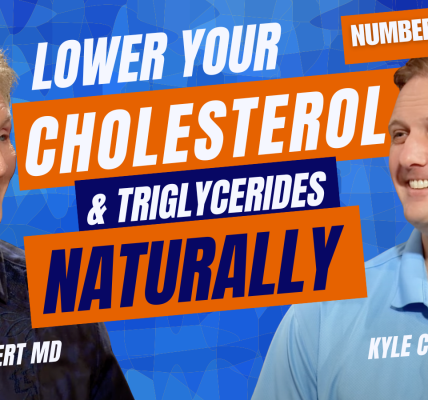Vitamin K is an easily-destroyed vitamin, it can be wiped out by extreme light or heat, or by strong acids or alkaline agents. While not a commonly known vitamin, today it is getting studied for its purported effects on anti-aging, cancer prevention, and preventative for Alzheimers Disease.
Vitamin K Functions
Aids in blood clotting, required for coagulation
Increases bone health and improves bone mineral density
Protects the heart and prevents aorta calcification
Improves bone mass in postmenopausal women
Regulates calcium
May reverse hypertension and reduce stroke risk
May be needed in blood sugar control
Potentially reduces inflammation
Powerful antioxidant and fights free radicals
Supports nervous system health
Supports brain health
How to Get Vitamin K
There are many foods that can help boost your vitamin K levels, including:
Dark leafy vegetables — Kale, collards
Cruciferous vegetables — Cabbage, broccoli
Egg yolks
Swiss cheese
Blackstrap molasses
Fermented soy items
Cow liver
yogurt
Vitamin K Deficiencies
Those that are not getting enough vitamin K in their diets is rare. Those that may be succeptible to this include those with celiac disease or cystic fibrosis. Symptoms of a vitamin K deficiency include heavy or prolonged menstrual bleeds, nose bleeding, or gum bleeding. Any of these symptoms should be checked out by a doctor and have a test of your vitamin K levels as well as for underlying medical conditions that may have caused these bleeding problems.
How Vitamin K Works
Vitamin K is carried to the liver after being absorbed by the upper small intestine. Bile salt and liquids from the pancreas help carry it to the liver so that it can help synthesize prothrombin. Prothrombin is one of the key agents for blood clotting. It is then stored in the body, but only in small doses. Some of the highest elevations of vitamin K levels are in the liver and the pancreas. If you have too much vitamin E or calcium in the blood it can interfere with how the body absorbs vitamin K. Your doctor can tell if your levels are within the correct amounts.
















